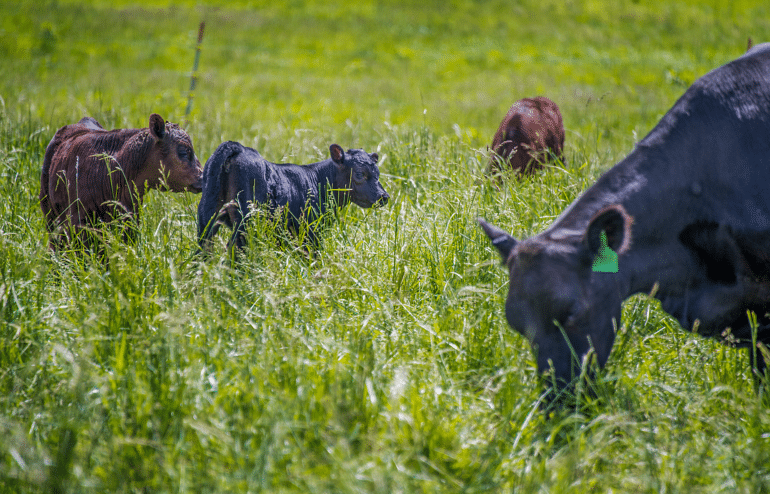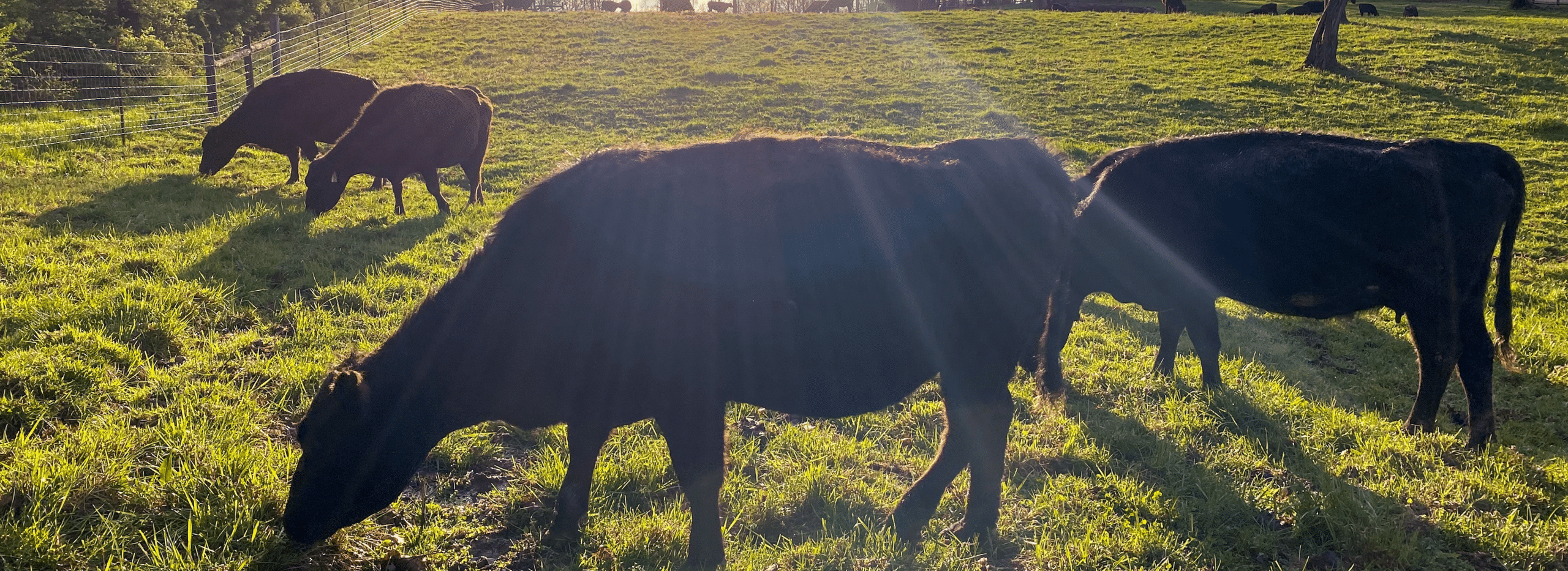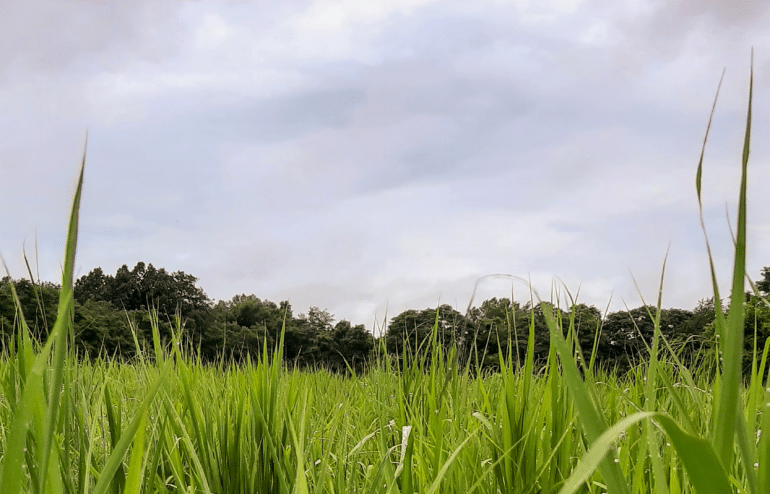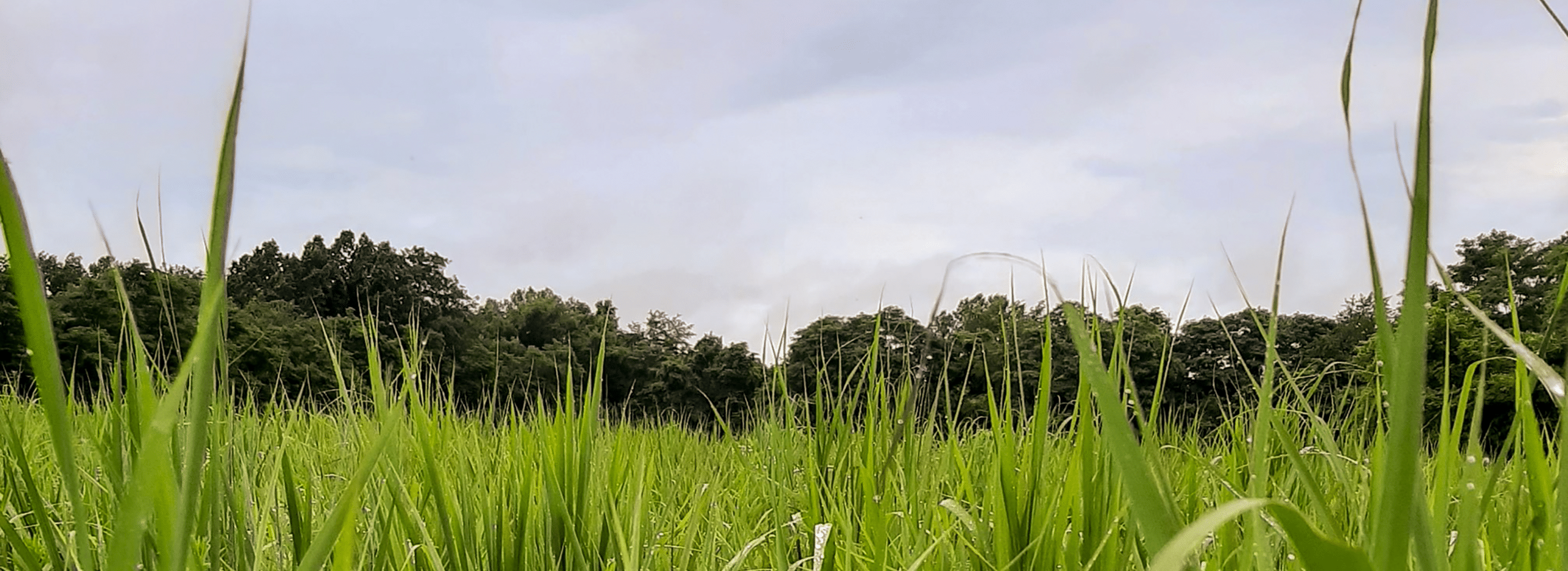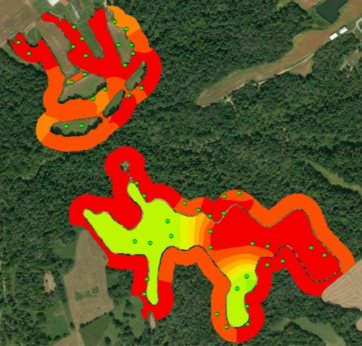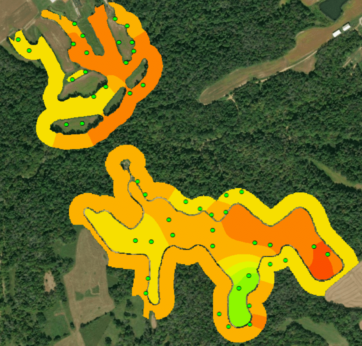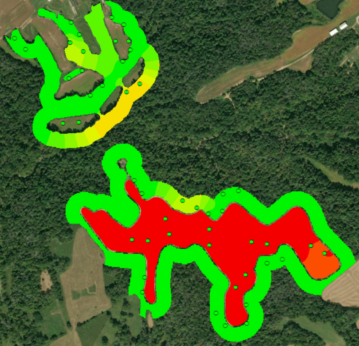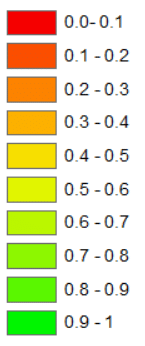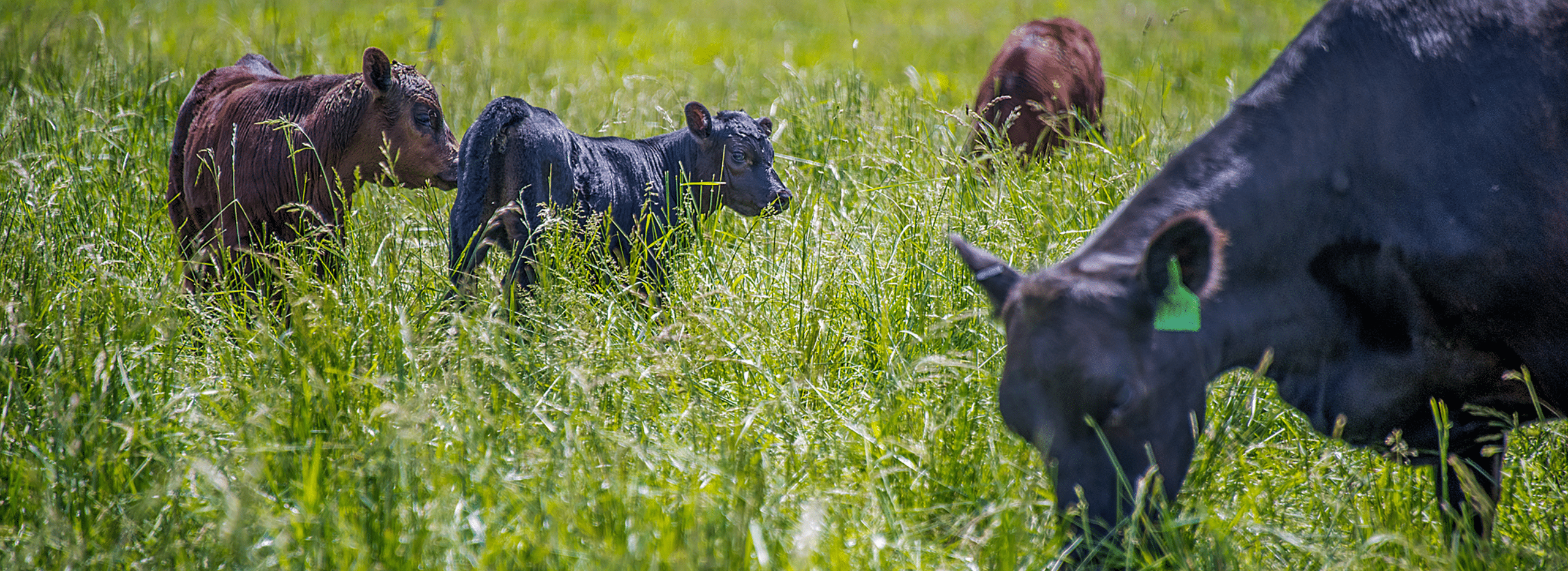
Diversity and Phytonutrients
A recent study published in Frontiers of Sustainable Food Systems adds credence to the value of diversity. The study compared meat and milk from livestock that had grazed pastures with a diversity of plants species (grasses, forbs, and legumes) to meat and milk from livestock that had grazed pastures with limited to no diversity of plants (i.e. a monoculture). What the study found was that products coming from livestock that graze diverse pastures are often higher in health-promoting phytonutrients such as terpenoids, phenols, carotenoids, and a variety of antioxidants – when compared to those coming off of monoculture pastures. Products from animals fed grain contain a reduced amount of these compounds or are absent from them entirely. The study also iterated that several phytochemicals found in grass-fed meat and milk are often found in quantities comparable to those found in plant foods and are known to have anti inflammatory, cardio-protective and anti-carcinogenic effects.
The way food is produced, and how those practices impact ecology, environment, and the health of consumers is of importance. This is something that we focus a lot of attention on at Greenacres, including funding and performing research to help us better understand these connections. Diversity is one of the attributes we study as a key indicator of the health of our pastures and woodlands. Based on the findings of this recent study, diversity has a large role in the nutritional quality of our products as well.

